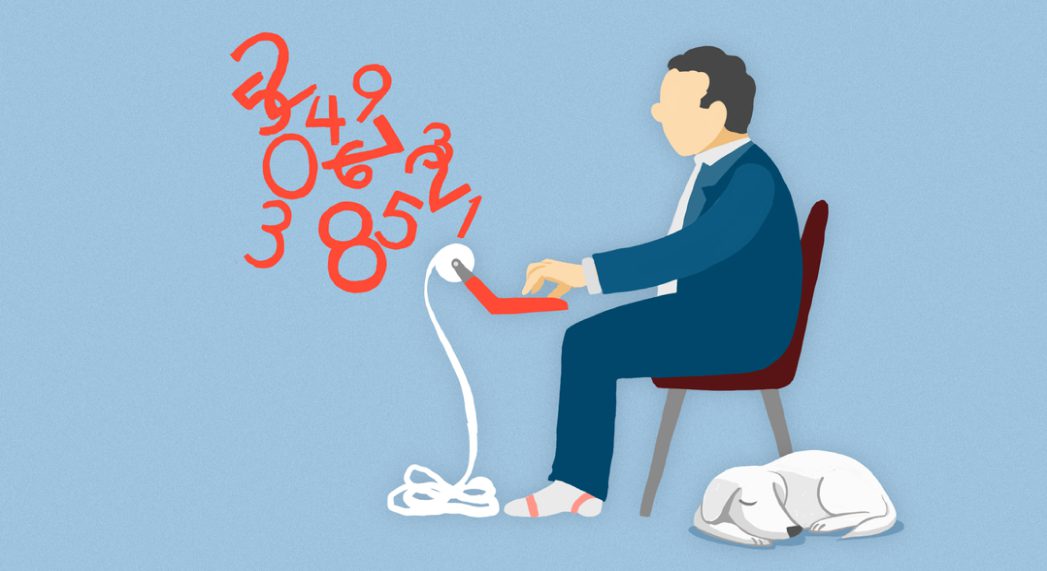Work From Home Series: Perks

Earlier this year interest arose about the company perks that have long been a part of Silicon Valley tech culture and how it would translate to remote work, once it was clear employees weren’t going back to the office this year.
“Can employees expense lunch?”
“What about gym memberships?”
“What about the internet bill?”
“What about my office setup?”
These questions all mapped back to implementing and managing an informed expense policy, which is our area of expertise at TravelBank, so we joined forces with Blind to explore this topic further to get a better understanding of how companies were adjusting. Today, we’re kicking off part one of a three-part Work From Home series. The first will take a closer look at how work perks and expense policies are being handled in a remote era.
Not everyone has a policy in place
To kick things off, we polled Blind users to find out if their employers provided a WFH expense policy, in this case, defined as a policy that allows employees to purchase items and services to support their work at home on the company dollar.
Key learning: More than 3,500 employees responded and 52% of employees stated their company does not currently have a WFH expense policy.
Of note, Apple, Oracle, Walmart, and Lyft are among those whose employees answered ‘no’.
Need vs attractive benefit
Employees at companies like Google, Amazon, and Microsoft, who do have a WFH expense policy, overwhelmingly prefer it.
We asked: Do you think a WFH expense policy is a necessary benefit or an additional perk?
Key learnings: 76% of employees whose employers do have a WFH expense policy agree that it’s a necessary benefit.
Additionally, 90% of employees at companies who do have a WFH expense policy in place believe it’s more important for companies to offer work perks now, during the pandemic.
Taking care of employees
Lastly, we’ve seen reports about different expense policies across the valley, such as a one-time $1,000 payment for remote office setups. However, is there more beyond the one-time allowance and if so, how much are employees being allowed to expense per month beyond their setup?
We asked: How much does your company allow you to expense per month for WFH supplies?
Key learning: Of those who have an expense policy in place, 46% of employees are allowed to expense less than $150 per month.
Additionally, 33% of employees who responded are allowed to expense more than $300. The majority of those employees work at Google and Adobe and it’s likely impacted based on department requirements.
The future of perks
We asked: How much does your company allow you to expense per month for WFH supplies?
Key learning: Of those who have an expense policy in place, 46% of employees are allowed to expense less than $150 per month.
Additionally, 33% of employees who responded are allowed to expense more than $300. The majority of those employees work at Google and Adobe and it’s likely impacted based on department requirements.
The future of perks
TravelBank CEO Duke Chung previously wrote about how work perks were changing, advising companies to go back to basics and reassess the perks that matter most to employees. He also noted that there would be a “boom in more remote indie work tools and others that focus on the employee life at home.” As we close 2020 at home, many are left wondering if 2021 will be the year we all go back to the office. Do employees even want to?
Next up in the series, we’re taking a closer look at the hybrid workforce model. Some companies have pulled off the band-aid and made the changes to go completely remote but others aren’t ready to give up the creative space. How do employees really feel about it? Stay tuned for part two of our WFH Series collaboration.
About Tiffany Mast
Tiffany is the Director of Digital Marketing at TravelBank, the only expense and travel management company that can offer a complete, end-to-end solution including flexible corporate card management. To learn more about TravelBank visit https://travelbank.com.
Methodology
Blind ran this study between 11/09- 12/08. The survey questions were opened to our in-app users.